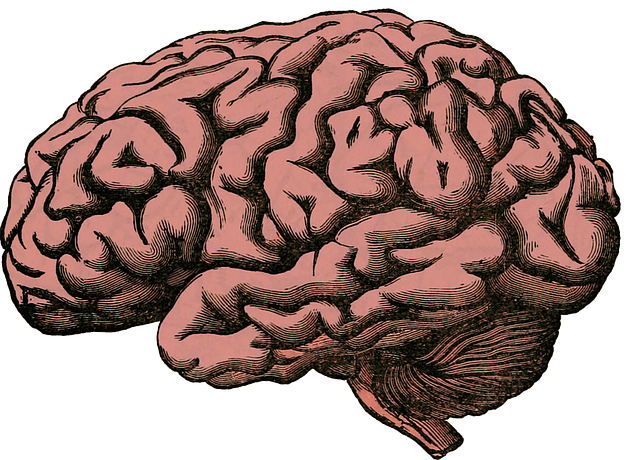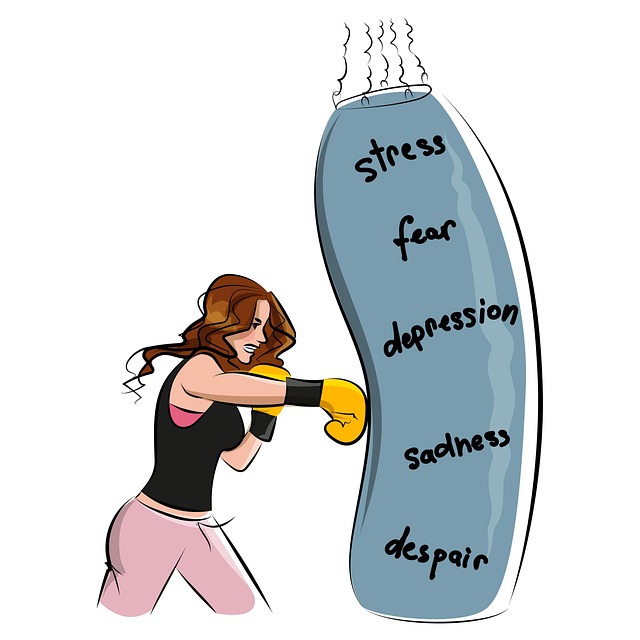Mental health policies shape access to care and societal perceptions, with evidence-based practices like Superior Dialectical Behavioral Therapy (DBT) being crucial for advocacy. DBT, effective in treating diverse psychiatric disorders, focuses on emotional regulation, communication skills, and mindfulness, empowering individuals to manage their emotions and interactions constructively. Increasing mental health awareness among policymakers and the public can lead to better funding and support for services, improving access to quality care and community well-being. Integrating DBT into policy strategies addresses systemic barriers, enhances mental healthcare accessibility, affordability, and quality, ultimately prioritizing individual and community mental health.
Mental health policy analysis and advocacy are vital components in fostering comprehensive care systems. This article delves into crucial aspects of mental healthcare, beginning with understanding the profound impact of policy decisions on individuals’ well-being. It highlights the role of Superior Dialectical Behavioral Therapy (DBT) as a potent tool for advocacy, offering strategies to navigate complex policies effectively. Additionally, it provides insights into analysis methods and change driving forces, emphasizing the power of data and community engagement in shaping inclusive mental health policies.
- Understanding Mental Health Policy and Its Impact
- The Role of Superior Dialectical Behavioral Therapy (DBT) in Advocacy
- Strategies for Effective Mental Health Policy Analysis and Change
Understanding Mental Health Policy and Its Impact

Mental health policies play a pivotal role in shaping societal attitudes and access to care for individuals dealing with mental illness. Understanding these policies is crucial for advocating for evidence-based practices that can improve lives. Superior Dialectical Behavioral Therapy (DBT), for instance, has gained recognition as an effective approach for treating various psychiatric disorders. By focusing on communication strategies and emotional regulation, DBT empowers individuals to navigate their emotions and interactions more effectively.
Mental Health Awareness is a critical component of policy advocacy. Educating policymakers and the public about the effectiveness of treatments like DBT can lead to increased funding and support for mental health services. This, in turn, ensures that more people have access to quality care, fostering better outcomes and enhanced well-being within communities.
The Role of Superior Dialectical Behavioral Therapy (DBT) in Advocacy

Superior Dialectical Behavioral Therapy (DBT) plays a pivotal role in mental health policy advocacy by offering effective tools to address complex issues like burnout prevention among healthcare professionals and fostering empathy building strategies within diverse communities. This evidence-based therapy goes beyond traditional approaches, integrating cognitive and behavioral techniques with mindfulness practices. By promoting self-awareness exercises, DBT empowers individuals to navigate emotional challenges constructively, reducing the risk of professional burnout and enhancing overall well-being.
In the realm of advocacy, DBT’s emphasis on emotion regulation, distress tolerance, and effective communication skills is invaluable. These competencies are crucial for navigating systemic barriers and advocating for policies that prioritize mental health care accessibility, affordability, and quality. Through its comprehensive approach, DBT not only supports individuals but also enables them to become agents of change, driving transformations in their communities and contributing to a more resilient mental health landscape.
Strategies for Effective Mental Health Policy Analysis and Change

Mental health policy analysis and advocacy are instrumental in driving systemic change and improving access to quality care. To achieve meaningful progress, a multi-faceted approach is essential. One effective strategy involves leveraging evidence-based practices such as Superior Dialectical Behavioral Therapy (DBT). DBT combines cognitive-behavioral techniques with acceptance-based strategies, fostering self-esteem improvement and inner strength development in individuals facing various mental health challenges. This therapy has been particularly impactful in treating complex conditions, emphasizing cultural sensitivity in mental healthcare practice to cater to diverse populations.
Additionally, policy analysts should engage in robust research, examining existing disparities in mental healthcare access and outcomes. By identifying these gaps, advocates can propose targeted interventions, ensuring that policies address the unique needs of different communities. Collaborating with stakeholders, including healthcare providers, policymakers, and community organizations, is crucial for building consensus and implementing sustainable solutions. This collaborative approach can drive policy changes that prioritize mental health, enhance service delivery, and ultimately improve overall well-being.
Mental health policy analysis and advocacy are essential components of ensuring accessible, effective care. By understanding the impact of mental health policies and employing strategies like Superior Dialectical Behavioral Therapy (DBT), advocates can drive meaningful change. DBT’s evidence-based approach empowers individuals while navigating complex systems, ultimately fostering a more supportive environment for mental wellness. This analysis highlights the power of advocacy in shaping policies that prioritize mental health, leading to improved outcomes for those in need.












